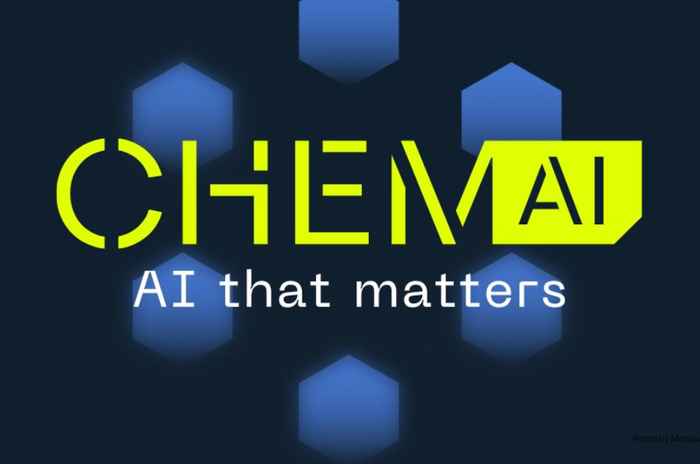Bernd Ensing appointed professor of Artificial Intelligence for Chemistry
19 August 2025

Artificial intelligence and machine learning (ML) technology are now being developed for all subfields of chemistry. In particular the combination of machine learning with molecular modeling provides compelling opportunities. Generative machine learning models are able to explore the immense volume of possible molecules, the so-called chemical space, searching for new compounds and predicting new drug molecules, catalyst materials, or biodegradable polymers.
For this, research in the field of AI for Chemistry is crucial. Developing accurate models for AI-driven design of molecules and materials will accelerate and improve finding chemistry-based solutions for many current societal challenges. Think materials for capturing CO2, to help mitigate global warming. Or novel materials enabling the transitioning to a circular economy. Another field is finding new medicines such as antibiotics.
New molecules with desired characteristics
In his research, Ensing focuses for instance on neural networks trained on accurate quantum chemical data to bridge the gap between computer simulations and experimental observations. This will improve the development of new molecules and materials with desired characteristics. Ultimately, the goal is to be able to predict molecular properties that are relevant to their synthesis, such as the reactivity towards desired conversions. This is closely connected to developing new synthesis routes and chemicals that can be characterized as “safe and sustainable by design”.
In his education, Ensing contributes to BSc and MSc courses related to molecular modeling, physical chemistry, and machine learning for chemistry. In this, he takes on the challenge of keeping up-to-date with new developments in the rapidly evolving field of machine learning - focusing on the scientific as well as societal aspects of its application.
Accelerate scientific discovery in academia and industry
Ensing already heads the AI4Science Lab at the UvA’s Faculty of Science since 2019; one of the first, pioneering Machine Learning initiatives to accelerate scientific discovery in physics, astrophysics, ecology, biology, and chemistry. He is a sought-after academic and is well connected to the Dutch research community, in particular regarding AI for science, multiscale modelling of molecular processes, and design of (catalysis) materials.

There is also a strong interest within the chemical and pharmaceutical industry in Artificial Intelligence for Chemistry. As a full professor, Ensing will further establish collaborations with AI-focused companies, such as Microsoft Research, SCM, and CuspAI, as well as traditional chemical companies, including DSM, Ketjen, Unilever, and others. Together with the Amsterdam Chemistry Network, COAST, and AmsterdamAI, he will continue to organise the 'ChemAI' symposium. The next edition of this annual networking event on AI in Chemistry will be held 21 November.
At his home institute, the Van ‘t Hoff Institute for Molecular Sciences, Ensing will continue his leading role in AI-driven chemistry research, further strengthening the ties between the institute’s research themes. He will also connect with other FNWI institutes, in particular the Informatics Institute (IvI), the Institute of Physics (IoP), the Swammerdam Institute for Life Science (SILS), and the Institute for Biodiversity and Ecosystem Dynamics (IBED). With his chair, he will also contribute to a number of multidisciplinary FNWI programs, such as the AI4Science Laboratory, the Research Priority Area in AI for Sustainable Molecular and Materials (AI4SMM), and the technology program Molecule and Material Design (MMD).
Bernd Ensing will deliver his inaugural lecture in the UvA Aula on Friday 12 June 2026.